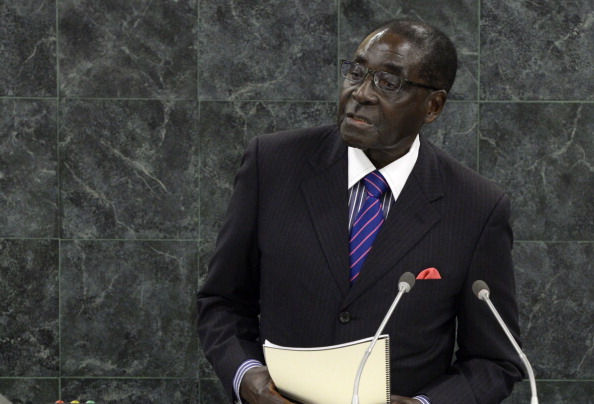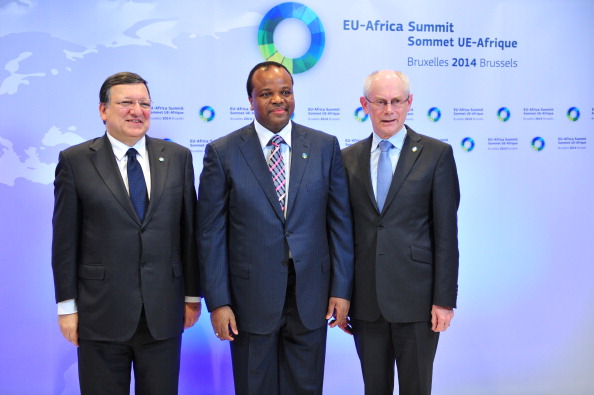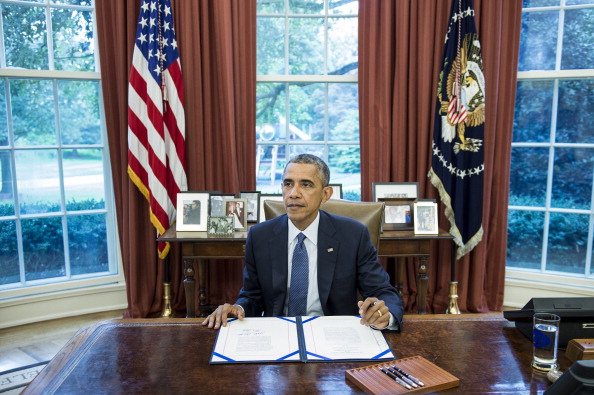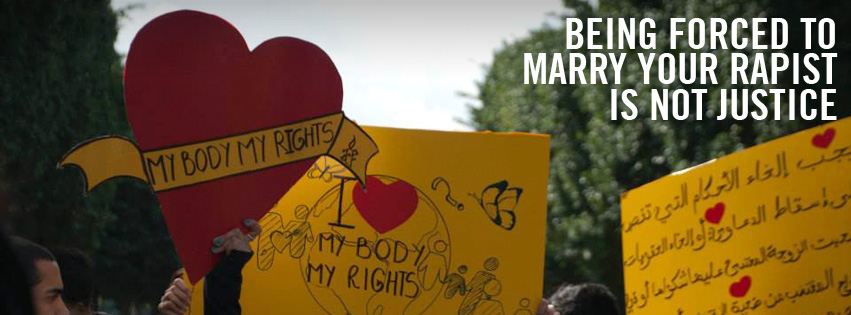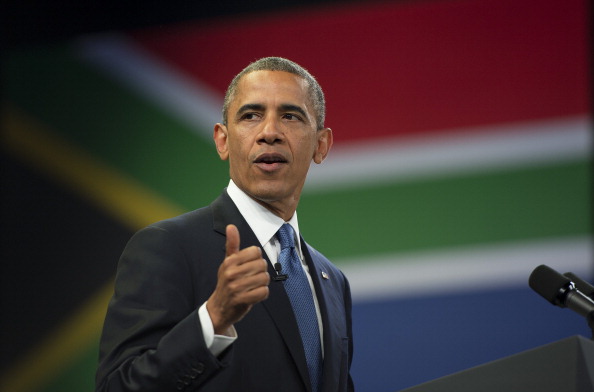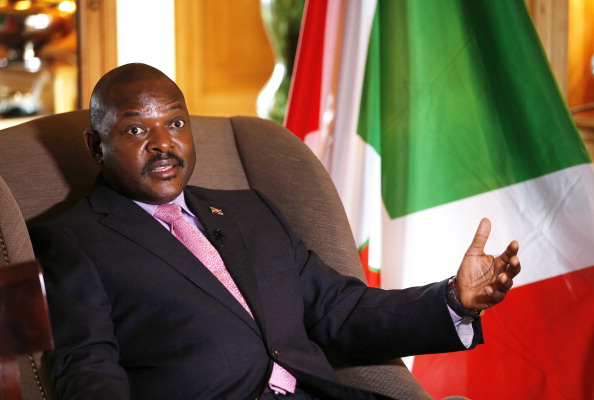
Burundian President Pierre Nkurunziza talks during an interview at the Westin hotel in Paris on June 4, 2014 (Photo credit: Francois Guillot/AFP/Getty Images).
This blog posting is part of a series Amnesty USA is publishing to coincide with the U.S.-Africa Summitoccurring August 4-6, 2014. We are utilizing the series to highlight human rights concerns on the continent we feel critically need to be addressed during the summit discussions.
Contributed by Kenneth Harrow, Country Specialist on Burundi for Amnesty International USA
Pierre-Claver Mbonimpa, a Burundian human rights defender, is one of the vital civil society members working for positive change in Africa. Sadly, his voice is currently silenced by the Burundi government.
